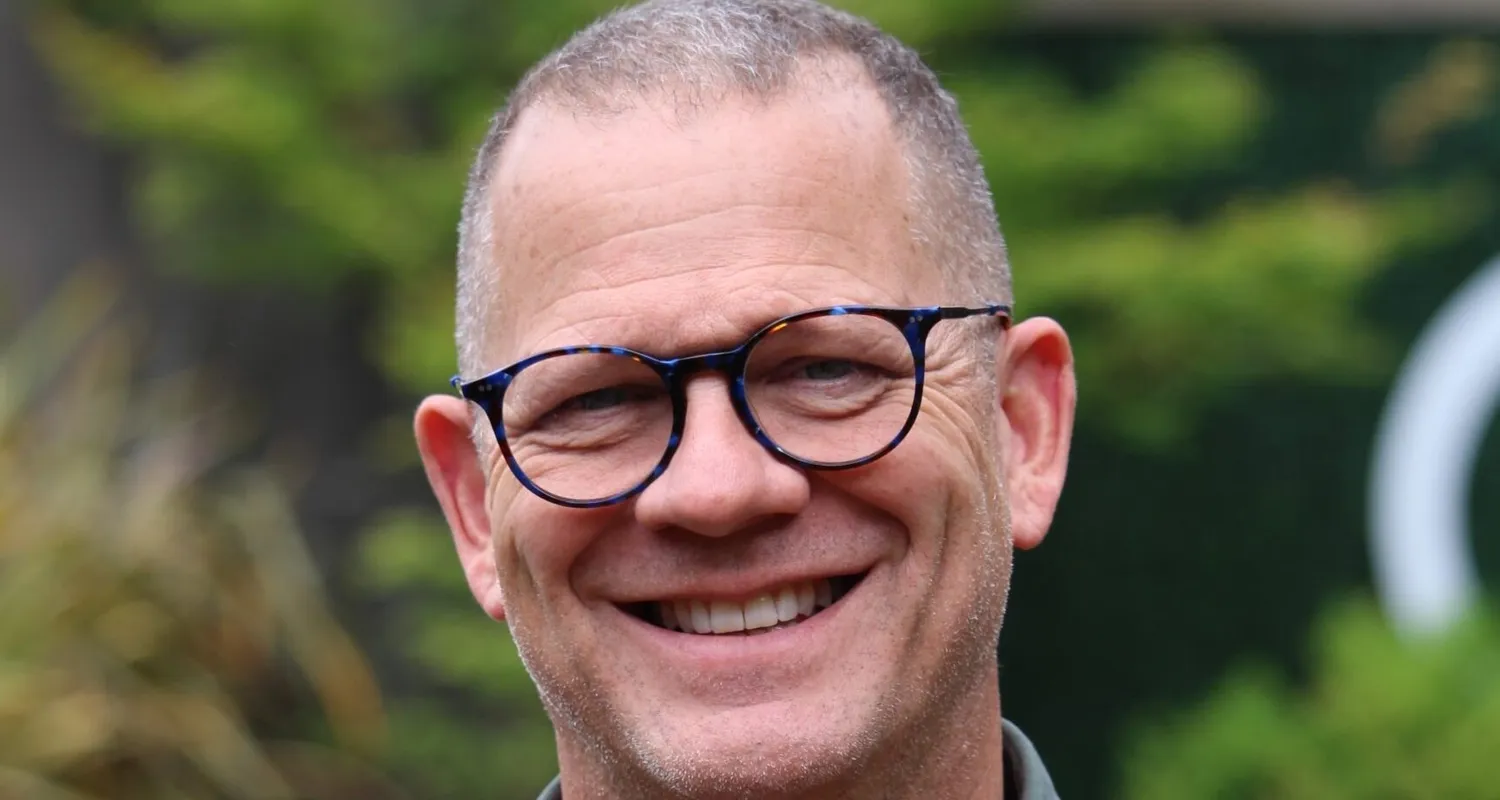Shaun is one of the most senior and respected Indigenous academic leaders in Australia and will soon join Griffith University as Deputy Vice Chancellor. We asked him to reflect on his 20 years at Melbourne.
1
You will shortly leave the University of Melbourne having been in leadership roles for more than a decade, where do you see that the University has made the greatest progress?
I think the University has made some great progress in the areas of diversity and inclusion, including in relation to gender. Some of the programs are not fully visible yet but as an institution we are getting better at understanding what needs to be done. As you might expect I’m also proud of our Indigenous initiatives, particularly as they relate to research and workforce; for instance, we now have the highest number of Indigenous PhDs than at any point in our history.
2
If we look at the role of the University in the advancement of opportunities for Indigenous students and academics, where do the greatest opportunities still lie?
I think the real opportunity still lies in the deep embrace of Indigenous knowledge. The University has an opportunity to embrace Indigenous knowledge traditions as part of our core business and intersect with other, often marginalised, knowledge traditions. This is how new and exciting knowledge emerges.
3
Your current role of Pro Vice-Chancellor not only covers the Indigenous portfolio but also ‘place’ – what is the importance aspect of this concept to a modern University?
In Australia there is a recognition that universities sit on unceded Aboriginal land. Recognition of the fact, and related obligations, leads to opportunities for both research and teaching. It provides opportunities for universities to differentiate themselves and for partnerships to be developed that other universities, in different places, could not offer. Deep recognition of place can also help inform and enhance the student experience.
4
Earlier this year you returned from 12 months as a visiting professor at Kings College London. What were your observations?
The richness of the global student experience is very apparent in London and this has a direct impact on the teaching and learning environment. In Melbourne, notwithstanding the impact of international students, our student, and in particular our staff body couldn’t be described as truly globally representative. In the UK it is also apparent that students are more involved and consulted in university decision making. Things are co-created rather than just being done for the students. I think there are opportunities for Australia to learn from this difference.
5
After training as a physio, higher education has been your professional life. But if you had taken a different path, what might you be doing now?
For me physiotherapy was a good degree but to be perfectly honest it was probably the wrong degree. I perhaps should have done something that was a little bit more challenging from a critical thinking perspective. But initially in my career it enabled me to travel, do many things and see the world. But to answer your question, why would I want to do something else when I’m doing what I love!


